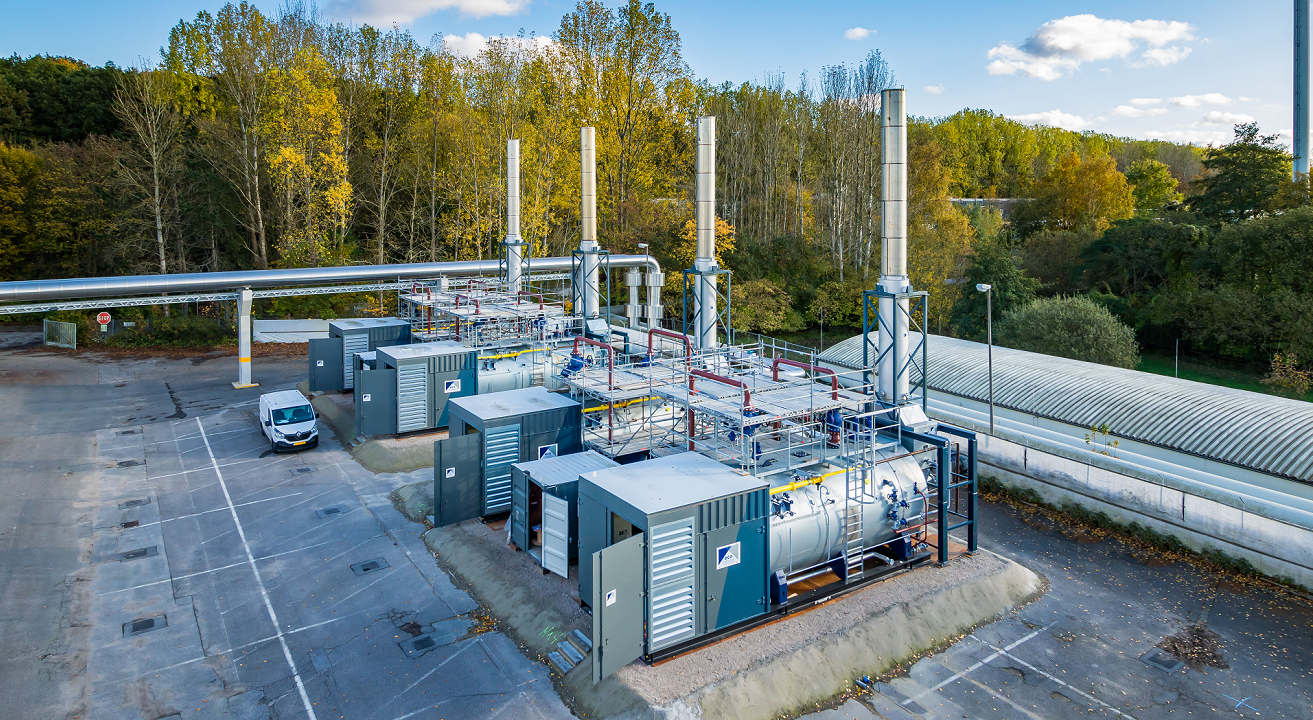For many industries, steam and heat are vital utilities. If you have a temporary demand, whether planned or unexpected, Atlas Copco Rental has a reliable, safe and energy-efficient solution. Our fleet starts at 0.65 t/h and goes up to 22 t/h in a single unit.
The heat is on

The right equipment for the job
Maintenance, testing or temporary production increase; we make sure you receive a bespoke solution to keep you running at full steam. To ensure you get a fast start-up and a safe installation, Atlas Copco Rental’s powerful fire tube boilers and modular “plug and steam” boilers are energy-efficient and come complete with all the necessary accessories. From single units to large-scale solutions, we have the right equipment for the job.
Besides industrial applications, our fleet also supports public and private district heating applications. With fluctuating seasonal demands, temporary steam solutions are ideal for covering to a seasonal demand increase. Now fleet is one thing, people another. Our specialized Steam and Heating Experts are available to assist throughout the entire project. When you choose to work with us, you will have a reliable, safe, agile and efficient solution managed by experts.
Minimize downtime and disruption
Whilst an annual occurrence, we hear from many people that a boiler’s service can often be here before they know it! However, taking a proactive approach is critical to ensuring minimum downtime and disruption. To mitigate the impact boiler maintenance may have on your productivity, we can supply you with a temporary solution to cover boiler outages in industrial or manufacturing as well as district heating and warm water applications. Early planning is therefore critical to guarantee that you have secured the most suitable temporary solutions.
How does it work?
Solve and identify any problems or concerns in advance
Take the pressure off the outage period
Ensure availability of the most appropriate asset
A planned approach can be accounted for within annual budgets
Minimise impact on operations
